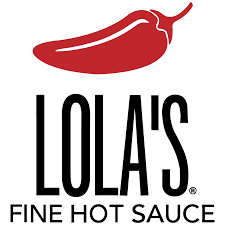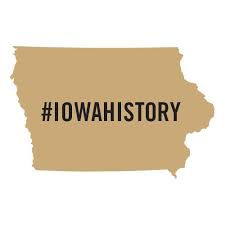How Warren County would spend penny sales tax

BUSINESS RECORD STAFF Feb 15, 2016 | 9:00 pm
2 min read time
538 wordsAll Latest News, Economic Development, Government Policy and LawCities in Warren County have far-ranging wish lists for how they would use revenues generated by a 1 percent local option sales tax whose fate will be decided by voters on March 1, according to the Warren County Economic Development Authority.
According to information compiled by the city of Norwalk that is based on fiscal year 2015 tax receipts, the 1-cent-on-the-dollar sales tax would generate about $2.9 million countywide, with about $1.2 million coming from the unincorporated areas of the county. The revenue would be distributed on the basis of population counts from the most recent census.
The local option sales tax would be adopted only in communities where it receives a majority of the vote.
The Warren County Economic Development Authority provided this breakdown of how the revenues would be used:
- Warren County itself plans to use 25 percent of its take on property tax relief and 75 percent for the construction of a new courthouse and jail. Once that project is completed, 75 percent would go to property tax relief.
- Indianola would use 100 percent of its funds to help build a wastewater treatment plant. Without the local option sales tax, it is estimated that wastewater rates would rise 46 percent to 54 percent to pay for the facility. Click here for more information on Indianola’s plan.
- Carlisle would use half of its funds for street and sidewalk improvements with the other half for public safety uses. Click here for more information.
- Norwalk would use 25 percent for property tax relief and 75 percent for costs related to the construction and/or rehabilitation and operation of public safety, public works, street maintenance and any other lawful purpose. Click here for more information.
- Lacona would use 90 percent for street, sewer and water improvements.
- Bevington would use 50 percent for property tax relief and 50 percent for any lawful purpose.
- Milo would use 50 percent for a wastewater treatment facility and the balance would go into the general fund.
- Ackworth, Cumming, Hartford, Martensdale, New Virginia, St. Marys, Sandyville and Spring Hill would use their shares for any lawful purpose.
The local option sales tax would not be applied to most food items purchased in a grocery store, vehicles and farm equipment.
According to information compiled by the city of Norwalk, both Des Moines and West Des Moines would receive a small portion of the revenues based on areas of the county that have been annexed into those cities.
Des Moines and West Des Moines are seeking special legislation that would allow them and most other communities in Greater Des Moines that share borders to ask voters to approve a local option sales tax. Under state law, cities with contiguous borders must conduct area-wide votes. For West Des Moines, that would mean a vote in the four counties where it has borders.
West Des Moines Mayor Steve Gaer said he plans to meet Tuesday with state Rep. Tom Sands, chairman of the House Ways and Means Committee, to discuss legislation that would allow cities to conduct local option sales tax elections within their borders.
Sands introduced a study bill during the last session of the Iowa Legislature that would have allowed the votes, providing 50 percent of the revenues were used for property tax relief.









